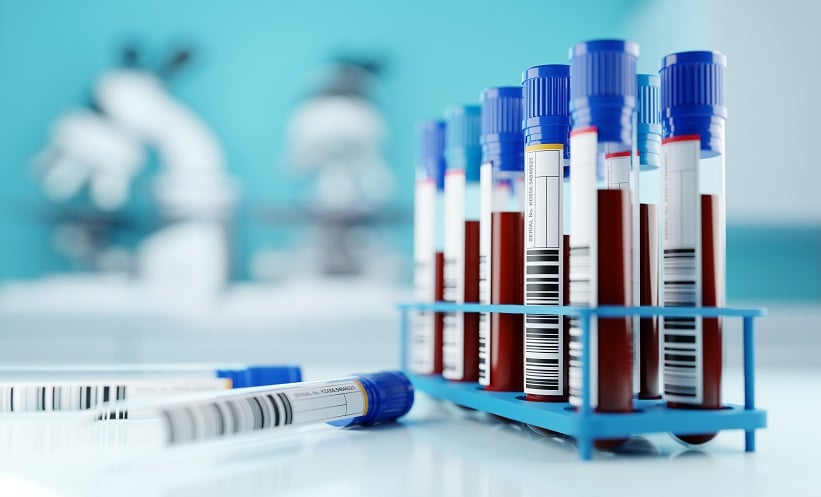Real-world data presented at the 2025 International Conference on Malignant Lymphoma (ICML) has provided new insights into the use of clonoSEQ, a circulating tumour DNA (ctDNA) assay, for measurable residual disease (MRD) detection following curative-intent therapy in diffuse large B-cell lymphoma (DLBCL).
The multicentre retrospective study, conducted across 14 sites, included 197 DLBCL patients who underwent MRD testing with clonoSEQ between 2022 and early 2025. The primary cohort comprised 89 patients tested at end-of-treatment (EOT), including those treated with first-line immunochemotherapy (n=54), CAR-T therapy (n=32), or autologous stem cell transplant (n=3).
The study found that patients with positive MRD (MRD+) at EOT had worse progression-free survival (PFS) compared to MRD-negative (MRD–) patients. However, 43% of MRD+ patients did not progress, and 6 patients who were initially MRD+ later converted to MRD–; 5 of these remained progression-free, highlighting the potential role of longitudinal monitoring.
Among MRD– patients, 18% later relapsed, with MRD turning positive before clinical progression in several cases. The median lead time from first MRD+ to progression was 75 days. Sensitivity and specificity of EOT MRD+ for predicting progression were 50% and 75%, respectively comparable to non-complete response assessments on PET/CT.
The findings suggest that while clonoSEQ MRD positivity at EOT correlates with higher relapse risk, it is not definitive. Longitudinal MRD tracking and updated assay versions with improved plasma input may enhance predictive accuracy and clinical utility in DLBCL management.
Reference
Gould P et al. Multicenter real-world outcomes in diffuse large b-cell lymphoma profiled with a commercially-available circulating tumor DNA assay. Abstract 419. ICML; 13-17 June; Lugano, Switzerland.








